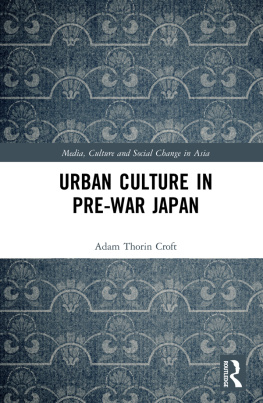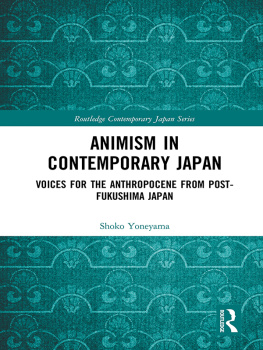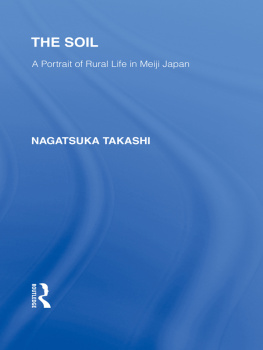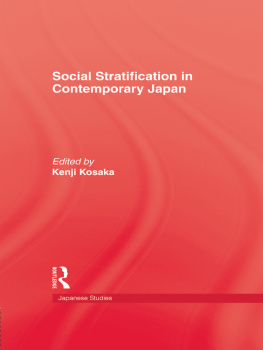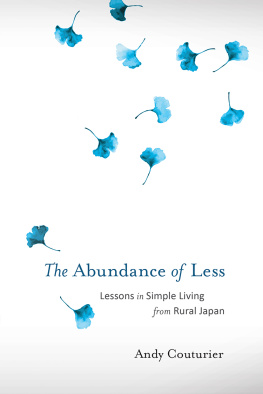Susanne Klien - Urban Migrants in Rural Japan: Between Agency and Anomie in a Post-growth Society
Here you can read online Susanne Klien - Urban Migrants in Rural Japan: Between Agency and Anomie in a Post-growth Society full text of the book (entire story) in english for free. Download pdf and epub, get meaning, cover and reviews about this ebook. year: 2020, publisher: SUNY Press, genre: Home and family. Description of the work, (preface) as well as reviews are available. Best literature library LitArk.com created for fans of good reading and offers a wide selection of genres:
Romance novel
Science fiction
Adventure
Detective
Science
History
Home and family
Prose
Art
Politics
Computer
Non-fiction
Religion
Business
Children
Humor
Choose a favorite category and find really read worthwhile books. Enjoy immersion in the world of imagination, feel the emotions of the characters or learn something new for yourself, make an fascinating discovery.

- Book:Urban Migrants in Rural Japan: Between Agency and Anomie in a Post-growth Society
- Author:
- Publisher:SUNY Press
- Genre:
- Year:2020
- Rating:5 / 5
- Favourites:Add to favourites
- Your mark:
Urban Migrants in Rural Japan: Between Agency and Anomie in a Post-growth Society: summary, description and annotation
We offer to read an annotation, description, summary or preface (depends on what the author of the book "Urban Migrants in Rural Japan: Between Agency and Anomie in a Post-growth Society" wrote himself). If you haven't found the necessary information about the book — write in the comments, we will try to find it.
Offers an in-depth ethnography of paradigm shifts in the lifestyles and values of youth in post-growth Japan.
Urban Migrants in Rural Japan provides a fresh perspective on theoretical notions of rurality and emerging modes of working and living in post-growth Japan. By exploring narratives and trajectories of individuals who relocate from urban to rural areas and seek new modes of working and living, this multisited ethnography reveals the changing role of rurality, from postwar notions of a stagnant backwater to contemporary sites of experimentation. The individual cases presented in the book vividly illustrate changing lifestyles and perceptions of work. What emerges from Urban Migrants in Rural Japan is the emotionally fraught quest of many individuals for a personally fulfilling lifestyle and the conflicting neoliberal constraints many settlers face. In fact, flexibility often coincides with precarity and self-exploitation. Susanne Klien shows how mobility serves as a strategic mechanism for neophytes in rural Japan who hedge their bets; gain time; and seek assurance, inspiration, and courage to do (or further postpone doing) what they ultimately feel makes sense to them.
This book is a valuable contribution to knowledge about diversifying rural Japan and evokes reflection about the future of post-growth Japan. Kliens study benefits from assiduous and long-term field research and insightful analysis. She excels at locating the specifics of the study in theoretical observations and concepts, thereby setting the work into a larger consideration of Japans paradigm shifts in lifestyle and values. Nancy Rosenberger, author of Gambling with Virtue: Japanese Women and the Search for Self in a Changing Nation
Susanne Klien: author's other books
Who wrote Urban Migrants in Rural Japan: Between Agency and Anomie in a Post-growth Society? Find out the surname, the name of the author of the book and a list of all author's works by series.

